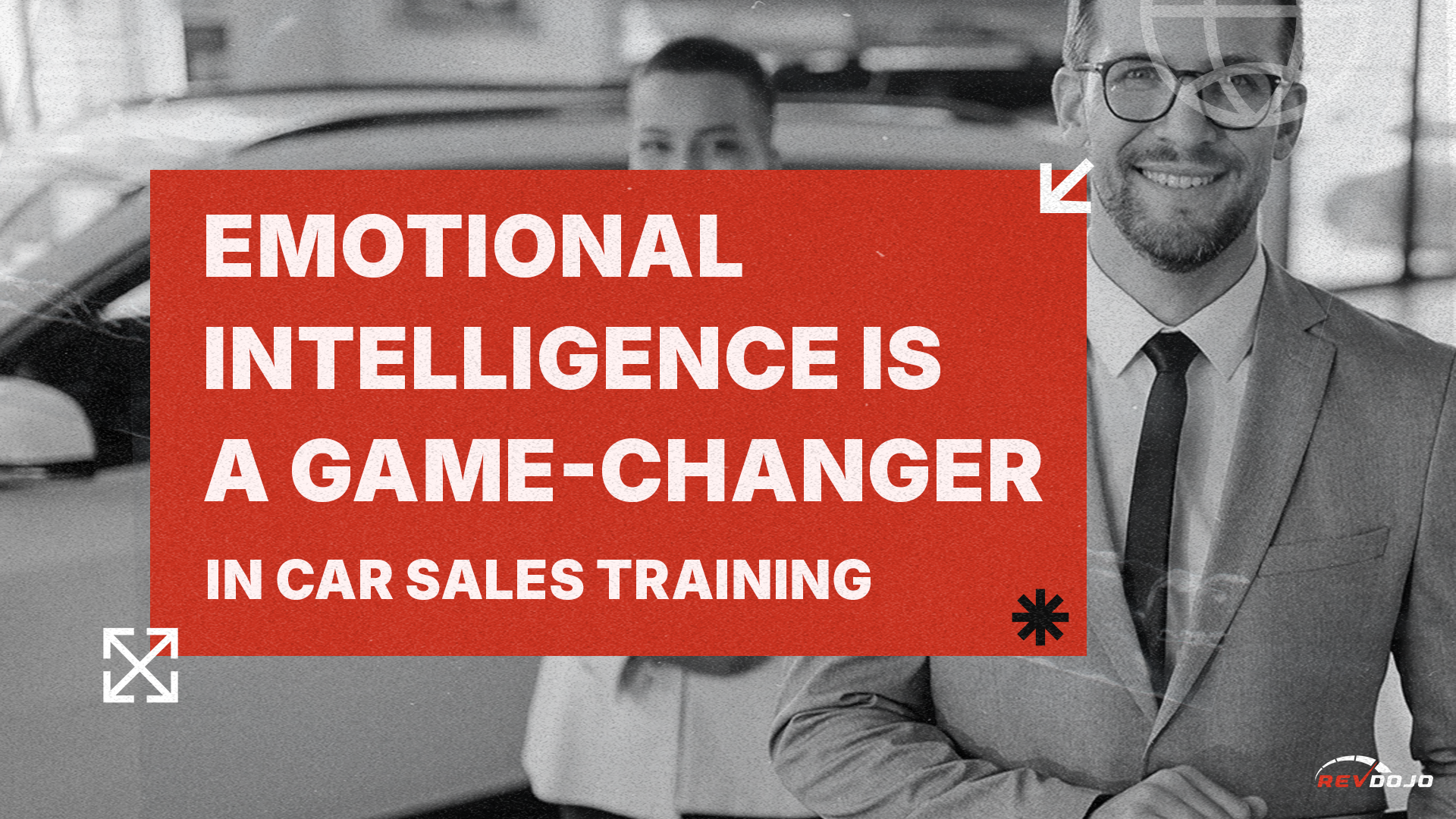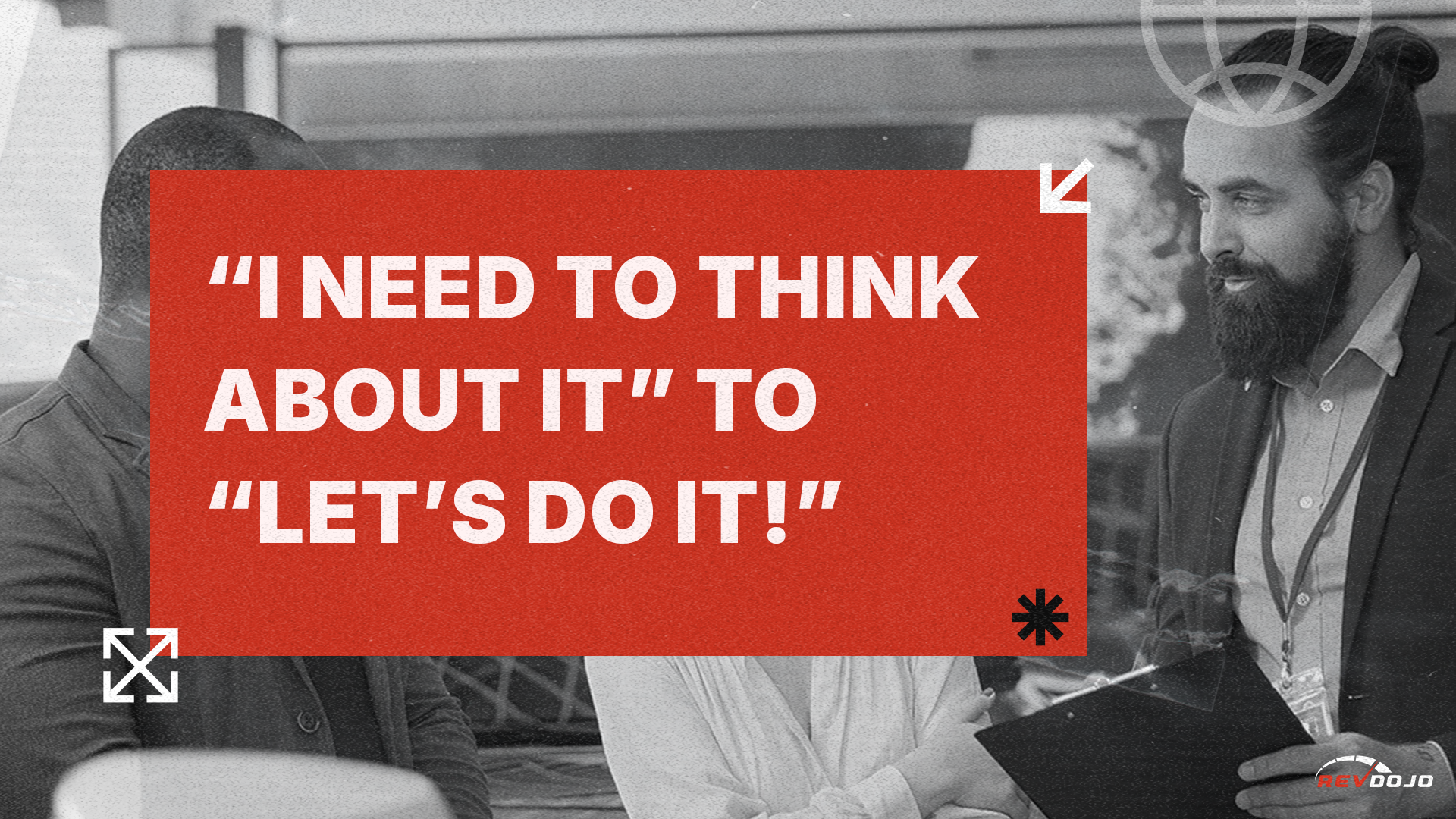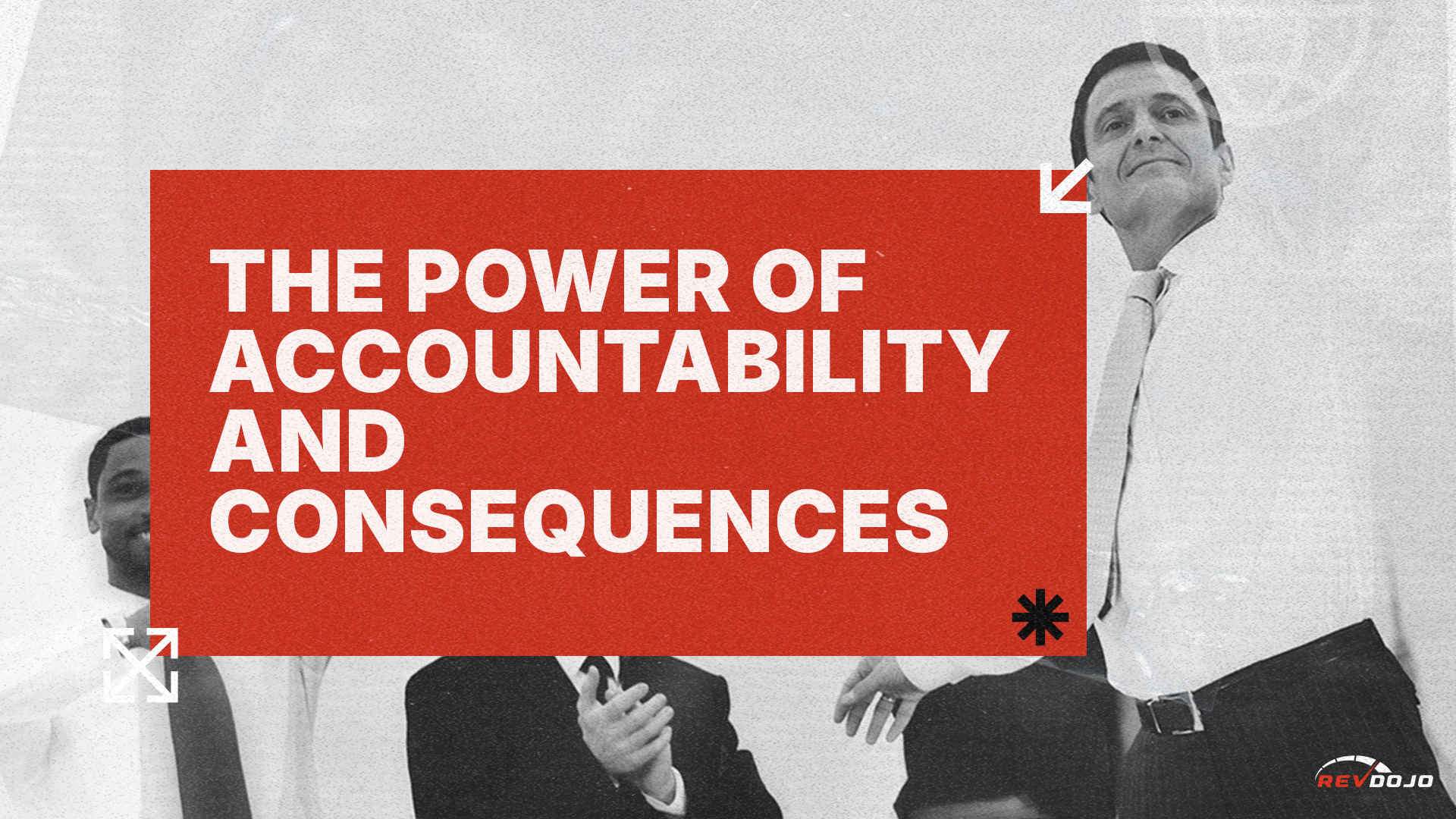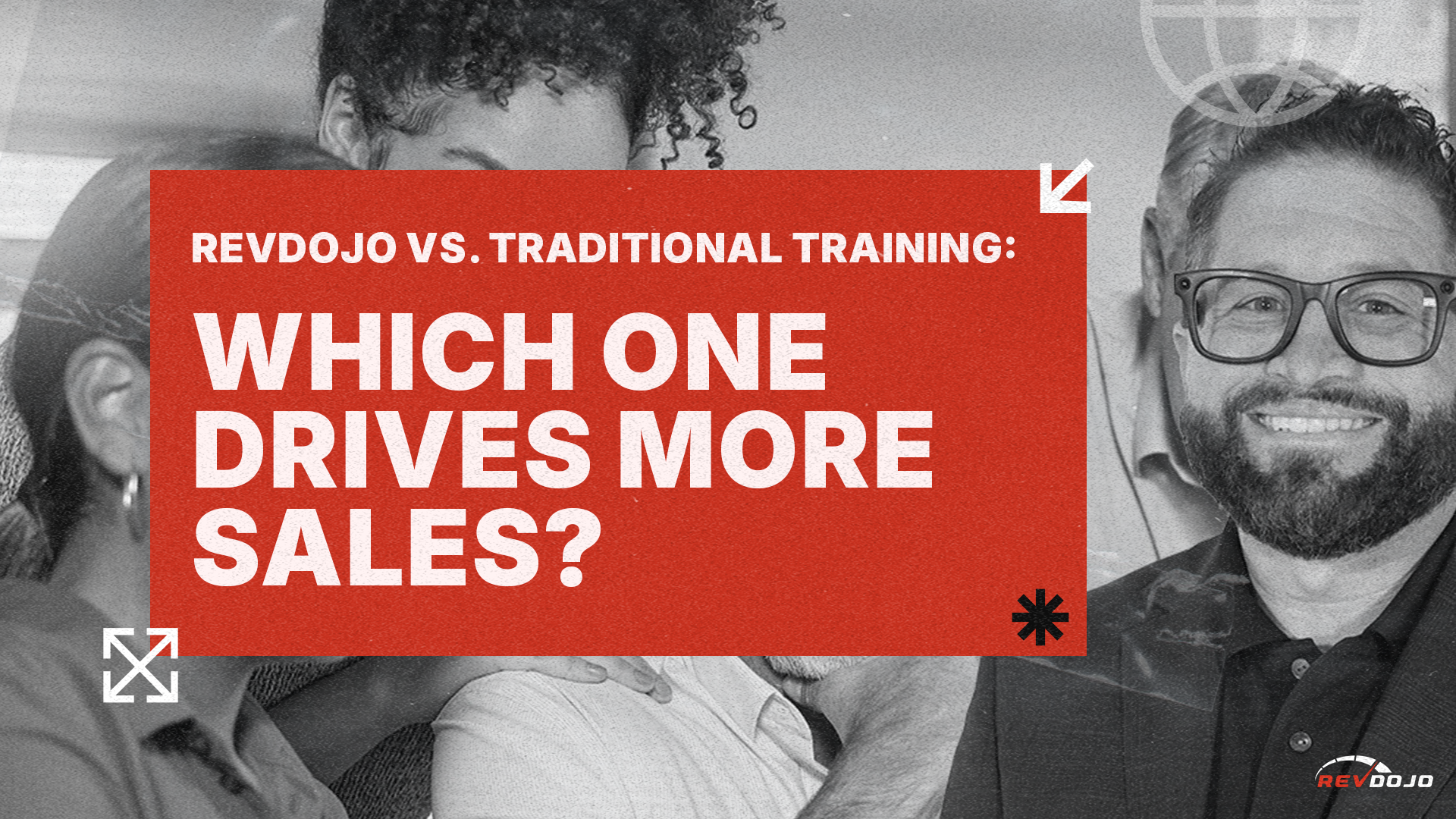Published 09 Apr 2022
Handle “It’s Too Expensive” in Automotive Sales
Blog
Objection Handling
Automotive Sales Training
Car Sales Training
car sales training
Automotive Sales Training
your price is too high
car sales objection handling
handle pricing objections
overcome price objections
price objections
“It’s Too Expensive”
You’ve met a buyer who found a vehicle they love and is now looking at numbers. Even though it’s clear that this is a hot deal, many sales professionals will still find themselves in trouble at this stage. Once the numbers are in front of a customer, even if they have no serious issues with the price, most will take this opportunity to toss out a price objection like “it’s too expensive.”
In this situation, customers likely want to check that they are getting a good deal by throwing out a “test” objection. Or, in more rare occasions, the price actually is higher than they would like to spend. Regardless of the reason, this objection doesn’t need to stop anyone from making a deal today. The customer is committed to making a purchase, and you have what they need. Below, you’ll learn exactly how to handle the objection “it’s too expensive” in automotive sales, so you can keep things from stalling and close the deal today!

Don’t Make Assumptions
When you hear “it’s too expensive”, make sure you know exactly what that means. “It’s too expensive” doesn’t always have to do with the price. Yet, if you assume a customer means the pricing, then it will become about pricing. So, before you start to handle this as a price objection, confirm that it isn’t an issue with the something like the down payment or monthly payment.
Justify the Price When “It’s Too Expensive”
Nowadays, pricing is extremely transparent, and your customer knows this as well. So, whether they’re just tossing out a random objection or if they say they’ve seen cheaper options online, there’s a way to justify your price. At this point, you should already know why the customer is interested in a vehicle. So, use the equipment and features to help logically break down why the price is what it is. Customers are used to paying higher prices for more, and it’s no different in automotive sales.
In cases where the customer says they’ve seen it cheaper online, compliment them and ask where they got the information. It’s extremely likely that if the price is different elsewhere, then it comes down to something like the equipment, features, mileage, etc. When you can go through this with the buyer, it’s easy to move past this objection!
Utilize the Marketplace
Customers have come to have a natural hesitancy when dealing with dealerships. Yet, they have no problem trusting third party websites and non-dealership information. So, whenever possible, use this to your advantage! If you can find vehicles on third-party websites and within reasonable distance from the dealership that help justify your price, use it! Print this information off and show it to the customer so they know what a great deal they’re getting. Anytime that you can use outside information to help show customers that the vehicle is a great deal, the better.
Offer Other Options When “It’s Too Expensive”
If you’ve walked the lot with a customer, that’s the time to set yourself up to handle future pricing objections. Take that opportunity to find and show the buyer the perfect vehicle, as well as more price friendly options with less equipment and features. Then, when the customer says “it’s too expensive”, you have a vehicle to use to put things into perspective.
Offer to take another look at the lesser vehicle. Most likely, the customer will refuse because they like the vehicle they’re on. Now, you can use this chance to explain why the vehicle is priced this way by comparing it to the lesser vehicle. This situation creates a win-win. Either you can move past the objection with logic, or if they cannot afford it, then you have a lesser-priced vehicle ready for you to close the deal on.
Get a Commitment
In automotive sales, getting a commitment is one of those old-school tactics that is still incredibly useful today. When customers simply won’t budge and insist that the price is too expensive, it pays to get a commitment!
“I understand that price is important to you, and I’d want the best price if I was shopping for a car as well. I can ensure you that people who want the best price always shop here.”
“I tell you what, I’ll go talk to my manager now about getting that $500 off the price. If I could do that, would you make the purchase today?”
If the customer has said “yes” in this situation, then now not only do you know that they’re ready to make a purchase, but the customer does as well. Commitments make things feel real to the customer. Then, when there’s no way for you to lower the price, it still has become far easier for you to close the deal. In the grand scheme of things, $500 likely has no effect over whether or not the customer can afford a vehicle.
So, return and go for the close logically. This can be done by, for example, showing how little $500 affects their monthly payment, explaining how this vehicle is perfect for them, and that it’s a great deal. Then, just go for the close! You would be surprised how often this is enough to move past the objection.
All blog posts

Emotional Intelligence is a Game-Changer in Car Sales Training

From 'I Need to Think About It' to 'Let’s Do It

From Showroom to Sold: The Psychology of Nurturing Car Sales Leads

The Role of Customer Experience in Closing More Automotive Sales

Top-Rated Automotive Internet Sales Training for Dealership Teams

Why Dealerships With Good Car Inventory Win (And How to Make Sure Yours Does)

Driving Sales Success: The Power of Accountability and Consequences in Automotive Sales Training

Top 10 Automotive Sales Tips to Turn Cold Leads into Hot Prospects

From Rookie to Rockstar: How RevDojo Transforms Car Sales Careers

RevDojo vs. Traditional Training: Which One Drives More Sales?
RevDojo is the all-in-one solution for automotive businesses looking to thrive in today's competitive market.
© 2024 Revdojo. All rights reserved.